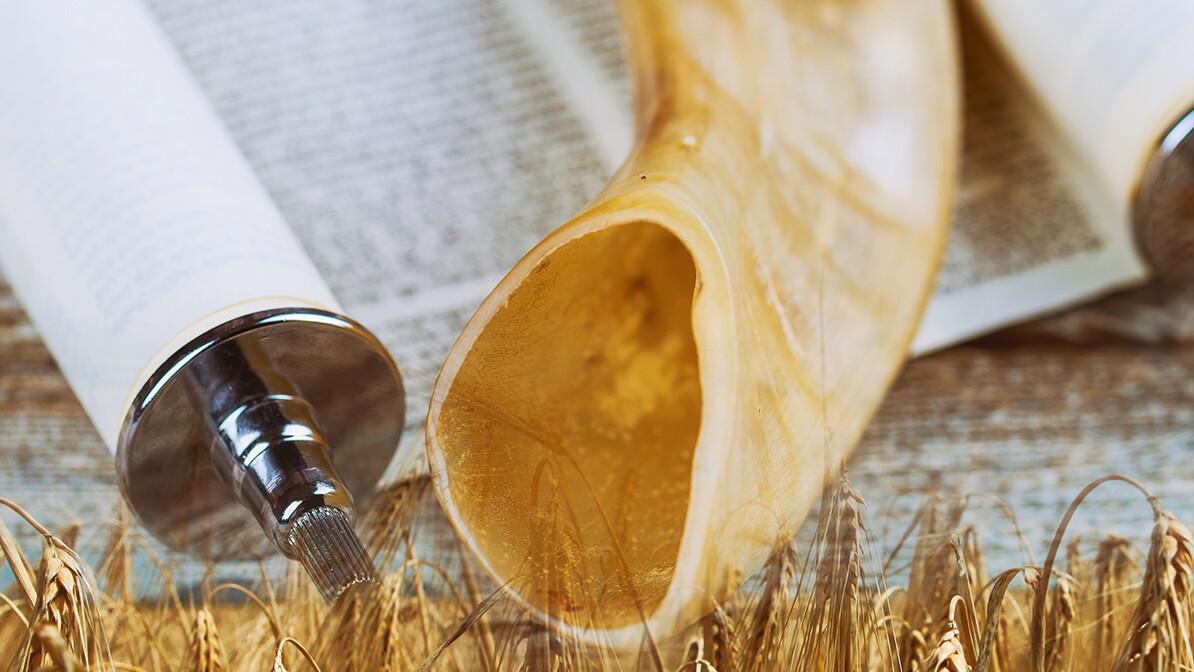Related Articles
Martin Luther King Jr. Day: A Biblical Call to Live God’s Grace, Love, and Mercy
On August 28, 1963, Dr. Martin Luther King, Jr. stood on the steps of the Lincoln Memorial and…
Beginning the New Year with a New Perspective
Happy New Year, friends! It’s the beginning of a new year, and more often than not, that prompts…
Renewing Your Mind for the New Year
What Are You Asking God to Do in Your Life This Year? As you step into this new year, what are you…
Four Steps to Setting Goals in the New Year
As you step into a brand-new year, you may feel the desire to reset, refocus, or simply get back to…
Next Steps To Strengthen Your Walk
Inspiration Today Newsletter
Supercharge your faith and ignite your spirit. Find hope in God’s word. Receive your Inspiration Today newsletter now!
Christian Articles
Find articles to strengthen your walk and grow your faith. We have a wide range of topics and authors for you.
Submit A Prayer Request
We are here for you. Simply click on the button below to reach us by form, email or phone. Together we will lift our hearts and voices with you in prayer.






